Beethoven’s String Quartet in B flat major, Op. 130 – Four Lectures
Hans Keller Plumbago 978-0-993-19836-6; 224pp (pb) £19.99
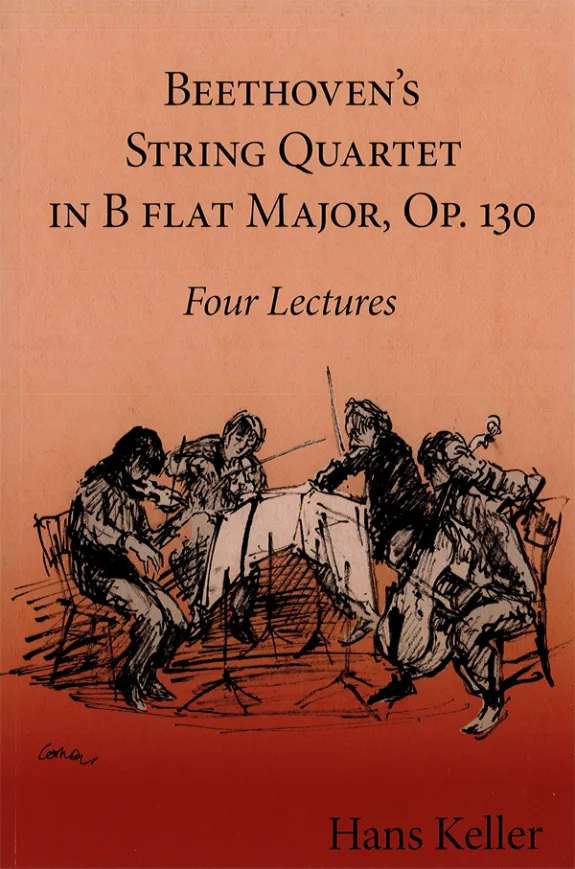
Hans Keller (1919-85) was one of the most influential musical thinkers of his time. Blessed with a first-rate analytical mind and charismatic presence, he would often argue a point simply for the sheer intellectual exhilaration of doing so. I was lucky enough to see him deliver an illustrated talk with the Dartington Quartet in the mid-1970s, shortly after he gave the four hour-long lectures on Beethoven’s Op. 130 String Quartet at Leeds University on which this publication is based. Despite being pitched originally at undergraduate level, such is their profound quality of thought they were broadcast by BBC Radio 3 in 1975 and repeated in 1990.
Derived in essence from Schenkerian theory, Keller’s basic premise is that music of high quality offsets a thematic foreground against background harmonic fundamentals. In Beethoven’s later music (especially) this often creates a sense of psychological conflict when what the ear expects in confounded by what actually happens. Reading these profusely illustrated lectures alongside a recording is guaranteed to change not only the way you listen to Op. 130, but to music in general.
Read our reviews of the latest Beethoven recordings here
Review by Julian Haylock
Forward – 100 Years of the CBSO
Richard Bratby Elliot & Thompson 978-1-783-96453-6; 288pp (hb) £25
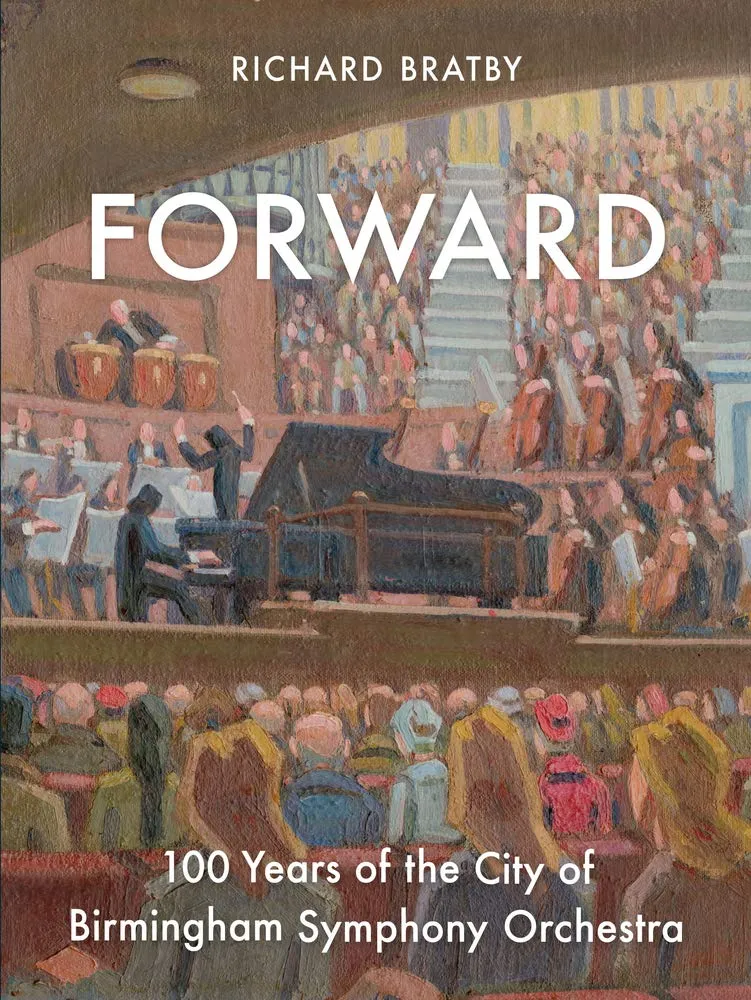
Named after the city’s motto, ‘Forward’, this centenary appraisal of the City of Birmingham Symphony Orchestra builds impressively on Crescendo, Beresford King-Smith’s excellent study of the orchestra’s first 75 years. From the heady days of the Triennial Music Festival, when there were more royal patrons than you could shake a stick at, Richard Bratby’s lavishly illustrated study provides an energetic narrative, rich in fact and anecdote, plotting the orchestra’s often-rocky course from its founding concerts in 1920, to the present day.
The glory days of Boult, Frémaux and Schwarz are admirably covered. More recently, the 18-year tenure of Simon Rattle, during which the orchestra took up residence in Symphony Hall, with its worldbeating acoustic, was crucial in redefining Birmingham as a city. Alongside this walk down the ‘Great White Way’, Bratby includes considerations of the orchestra’s innovative educational outreach, its internationally acclaimed chorus, work in opera and unflagging support for contemporary music. This lucid, readable guide is not just a ‘must read’ for Brummies, but also for anyone interested in one of the nation’s prime cultural assets.
Review by Jan Smaczny
Dave Brubeck – A Life in Time
Philip Clark Headline 978-0-306-92164-3 414pp (hb) £25
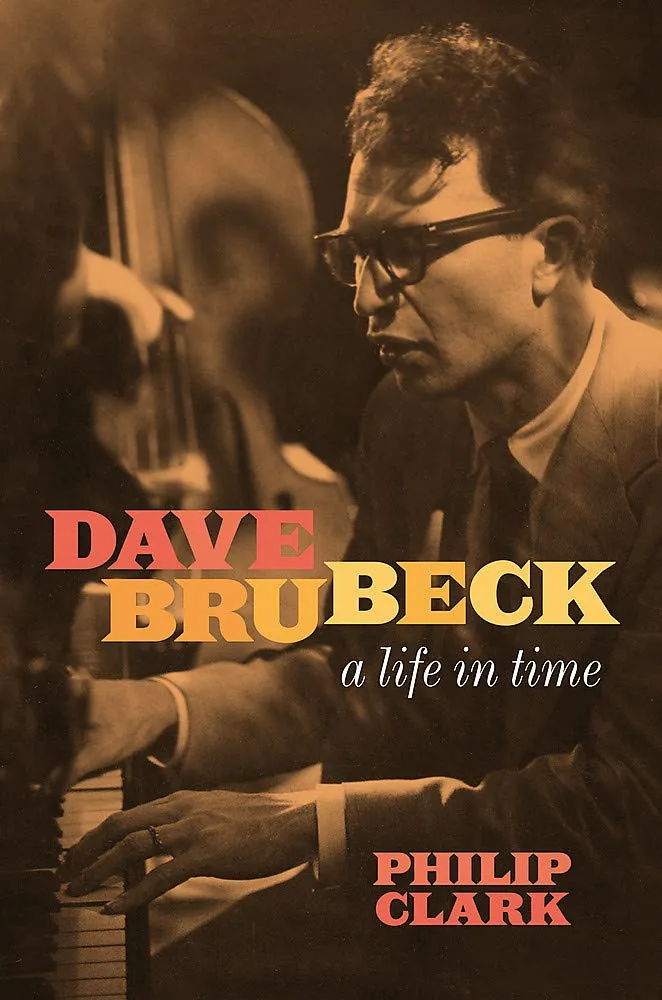
Dave Brubeck remains a paradoxical figure in that he brought a sophisticated, often classically-inspired approach to jazz that could occasionally alienate his peers, while at the same time being one of the music’s most effective ambassadors to those who might otherwise not listen to it at all. These, however, are wellworn contentions, so it’s to Philip Clark’s credit that this excellent biography devotes itself to the actual music Brubeck made, the players who helped bring it to life and the contexts in which it was created and received.
Structurally, the book takes events such as the author’s interviews (Clark had considerable personal contact with Brubeck and his family) and gig attendances as vantage points which allow him to create large chunks of richly detailed and highly condensed narrative, presented in a style that occasionally plays slice-and-dice with conventional chronology (the usual date and place of birth stuff happens after p300) but which is all the more propulsive for that. An articulate, scrupulouslyresearched account based on first-hand information, this book presents Brubeck’s contribution to music with the critical insight that it deserves.
Review by Roger Thomas
How to Build an Orchestra
Mary Auld & Elisa Paganelli Wayland 978-1-526-30983-9 48pp (hb) £13.99
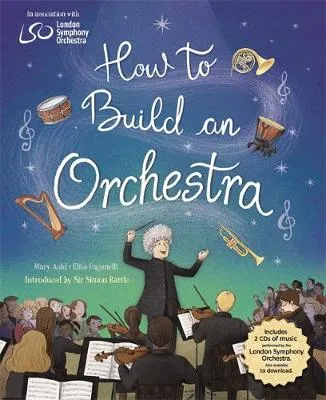
I’m always interested in ways we can open up classical music to children and this colourful new book is a real winner. Produced in association with the LSO, it introduces a conductor (Simon) who needs to audition an orchestra for a special concert. As the auditions commence, we are introduced to the strings, woodwinds, brass and percussion with accessible descriptions and some of the most charming illustrations I’ve seen (by Elisa Paganelli).
Along with the words and pictures, a pair of discs bears some of the best examples of the sounds and music described. From Bach and Prokofiev to Berlioz and Copland, it is itself a superb selection of LSO recordings. I readily recommend going on the journey as laid out; listening to the music as you go really brings Simon’s orchestra to life, and with complete works by Ravel and Beethoven for the finale concert it ends in spectacular style.
Listening to full works might require too much attention for some little ones, but it’s a lovely experience and beautifully presented.
Review by Michael Beek
Kaikhosru Sorabji’s Letters to Philip Heseltine (Peter Warlock)
Ed. Brian Inglis & Barry Smith Routledge 978-1-138-47843-5 184pp (hb) £120
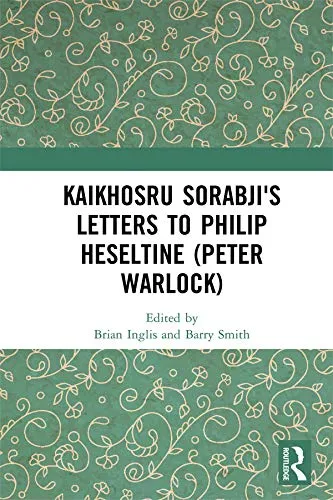
Correspondence is often used to inform our understanding of musical history, revealing facets of composers’ lives that might otherwise have remained hidden. Letters have unveiled Mozart’s scatological humour and Britten’s softer side. While composers Kaikhosru Sorabji (1892-1988) and Philip Heseltine (also known as Peter Warlock, 1894-1930) are not yet household names, their conversations during 1913-22 offer important insights into cultural developments at that time.
As the title suggests, the emphasis here is on Sorabji’s musings – often rambling essays, when his ‘pen runs away with him’ on topics including Schoenberg, Bayreuth, Buddhism and the First World War – to Heseltine, who is refracted through related correspondence and period publications.
Far from having a jarring effect, this adds further colour and context, building a novellike narrative (there is one stomachchurning moment when Heseltine is acutely dismissive of Sorabji in a note to another friend). Sorabji has long been cast as an eccentric outsider; these letters are a reminder that, in the early 20th century, for a gay Indian man who loved alternative contemporary music, living in isolation was a means of self preservation.
Review by Claire Jackson
Poulenc – A Biography
Roger Nichols Yale 978-0-300-22650-8 352pp (hb) £25

Allow plenty of time for this book. Roger Nichols’s outstanding biography of Poulenc will take much longer to read than the main text’s 300 pages might suggest. This is not because it is a hard read. Quite the opposite. Like Poulenc’s music, the prose flows with grace, wit and deceptive ease belying the craft behind it. No, the problem here is that, time and again, Nichols makes insights about Poulenc’s music that demand listening afresh, a persistent reminder of why we are interested in the man in the first place.
Not that there is any lack of detail on Poulenc’s life, neuroses and erratic loves and friendships, all conveyed without any prefab agenda. Rather, there are honest appraisals along with the means to disagree, with reminders about Poulenc’s often vacillating views of his own music. Refreshingly open about the limits of the evidence, especially for the composer’s various flings, Nichols provides rich context making this essential reading for anyone interested in the French musical culture of Poulenc’s time. This is the biography the composer deserves.
Review by Christopher Dingle
Indian Sun – The Life and Music of Ravi Shankar
Oliver Craske Faber & Faber 978-0-30-687488-8 672pp (hb) £20
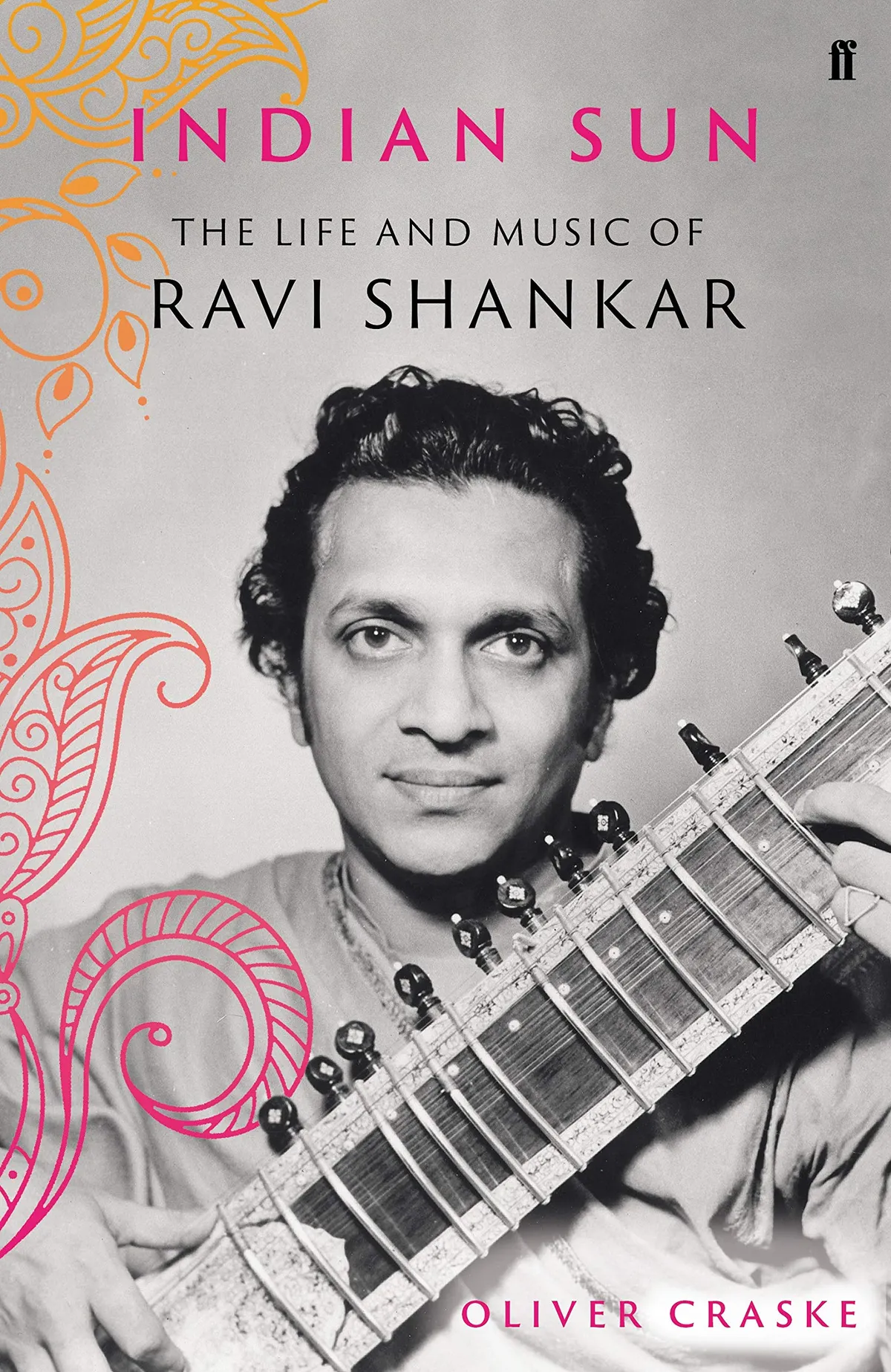
Oliver Craske helped Ravi Shankar write his autobiography Raga Mala in 1997. Now comes Indian Sun, the authorised biography, and it’s richly informative; no musician’s life was more densely studded with incident, yet Craske manages to marshal the multitudinous facts into an agreeably readable narrative. If the first half doesn’t add much to what we learned through Raga Mala, this story becomes fascinating after the career takes off.
At one level it’s cultural history, with illuminating chapters on All India Radio and on the emergence of the soundtracks to the Apu trilogy and Jonathan Miller’s Alice; on the West’s great awakening to Indian classical music and on the Woodstock ‘raga-rock’ which Shankar despised.
But it’s also a penetrating and judicious portrait of a supremely gifted artist who was at the same time an anxious (at one point suicidal) workaholic, with an admitted sex addiction and a propensity to procreate without shouldering the attendant responsibilities. Norah, Anoushka, Sukanya and the numerous other female characters in this family saga lovingly forgive him; John Coltrane, Yehudi Menuhin, George Harrison and Philip Glass pay tribute as devoted disciples.
Review by Michael Church
The Ring of the Nibelung
Richard Wagner; ed. Stewart Spencer and Barry Millington The Folio Society 448pp (hb) £125
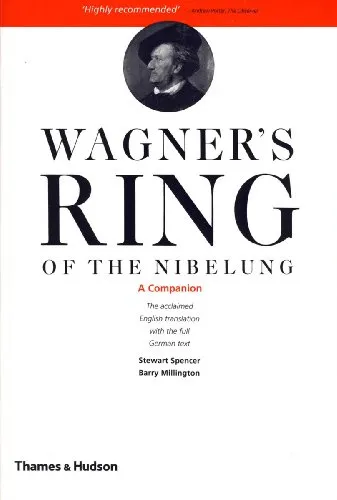
Any Wagnerian who shares the composer’s taste for luxury will welcome The Folio Society’s decision to publish the text, together with several articles and many illustrations. The libretto translation, originally published some years ago, is by Stewart Spencer and is quite the best nonsingable version available. There have of course been many, the earlier ones risible in their quaintness and often woefully inaccurate.
For singing purposes Andrew Porter’s translation for English National Opera and used worldwide remains quite the best, but is not literal, whereas Spencer is inward with Wagner’s often outré vocabulary. Furthermore, he valuably gives, both in German and English, important passages which Wagner finally decided to remove and/or replace, most importantly a long section of Brünnhilde’s final oration, in which Wagner lapsed into incoherent metaphysics.
The book also contains several articles, not all of them of the highest standard; a thematic guide, listing and sometimes naming the leitmotifs; a fine selection of photographs from productions from over a century, to illustrate their immense diversity, and handsome engravings by John Vernon Lord. The binding is handsome and stout.
Review by Michael Tanner
The Eighth – Mahler and the World in 1910
Stephen Johnson Faber & Faber 978-0-571-23494-3 320pp (hb) £18.99

Although Mahler wrote down his choral and orchestral Eighth Symphony at lightning speed in the summer of 1906, its premiere performances in Munich took place in September 1910. By that time the great composer-conductor’s inner world had been upended by disastrous events in his own life – the death of his daughter Maria, then his young wife Alma’s affair with the architect Walter Gropius.
Stephen Johnson’s book is therefore as much about the evolution during 1910 of the substantially drafted, but not fully completed Tenth Symphony against this fraught emotional background, before the Eighth’s unveiling provided Mahler with his greatest-ever professional triumph. Johnson explores the different – but, as he shows, in some ways not so different – musical worlds of each work both individually and within the surrounding intellectual and cultural scene, literature (notably Thomas Mann) and psychology very much included.
This formidable range of knowledge is assimilated into a fluent and insightful read, rich in humanity like the music itself, and with no trace of the self-regarding agenda that so often bedevils books of this kind. Unmissable, for Mahler pundits and punters alike.
Read our reviews of the latest Mahler recordings here
Review by Malcolm Hayes
The Routledge Handbook to Music Under German Occupation, 1938-1945
Ed. David Fanning and Erik Levi Routledge 978-1-138-71388-8 572pp (hb) £190
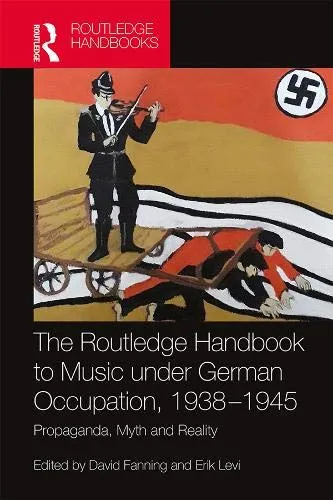
From Paris to Kiev, from the Aegean to the Baltic, the Nazis wound lethal and long-lasting tendrils around Europe’s artistic life. This remarkable compilation brings together a wide-ranging survey of the effects, with papers by leading scholars from all over the world.
Despite minuscule print (and an eye-watering price), there is riveting reading here, often eloquently written and always annotated with exactitude. Among many examples, the description of the invasion of Kiev is almost filmic; the critical response to Messiaen’s Quartet for the End of Time provides food for thought; and music’s role as a tool of resistance is explored through an unfinished Pavel Haas work and a compelling plunge into Shostakovich’s Leningrad Symphony. The book’s final section is devoted to difficult ethical questions, such as attitudes to music composed in or around concentration camps.
This is a timely tour-de-force that takes the evaluation of music under totalitarianism to a new level. Suitably, it raises more questions than can be answered here or indeed anywhere.
Review by Jessica Duchen
Music by Max Steiner – The Epic Life of Hollywood’s Most Influential Composer
Steven C Smith Oxford University Press 978-0-19- 062327-2 424pp (hb) £22.99
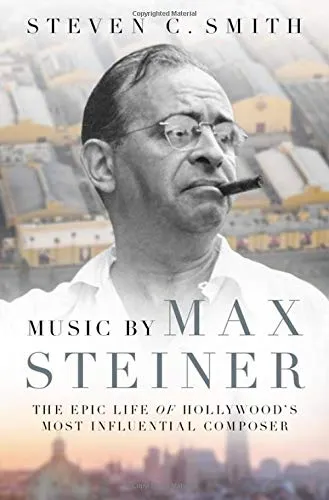
While he didn’t invent film music, Max Steiner certainly created the language and tools that would prove a solid foundation for the art form. This first biography of the Viennaborn composer is rich in detail and thoroughly researched, and the story – vividly told by Smith – would make a great movie in itself. From his early years in the Austrian capital, this son of a wealthy (eventually bankrupt) entrepreneur had big ambitions. Dreams of writing operetta became dreams of writing great musicals and, from Vienna to Hollywood via London and Broadway, Steiner worked hard and played harder.
Smith’s account is eye-opening as the composer blazes a trail, setting the screen alight with music that got to the heart of the drama and its audiences. His innovations were celebrated, but it all came at a cost; the composer’s music was all-consuming – either through financial need or plain obsession – and his health, finances and family life all suffered. This is an absorbing foray into Steiner, with fascinating insights into his scores, from Gone With The Wind to The Searchers.
Review by Michael Beek
Julian Anderson – Dialogues on Listening, Composing and Culture
Julian Anderson and Christopher Dingle Boydell Press 978-1-783-27498-7 472pp (hb) £45
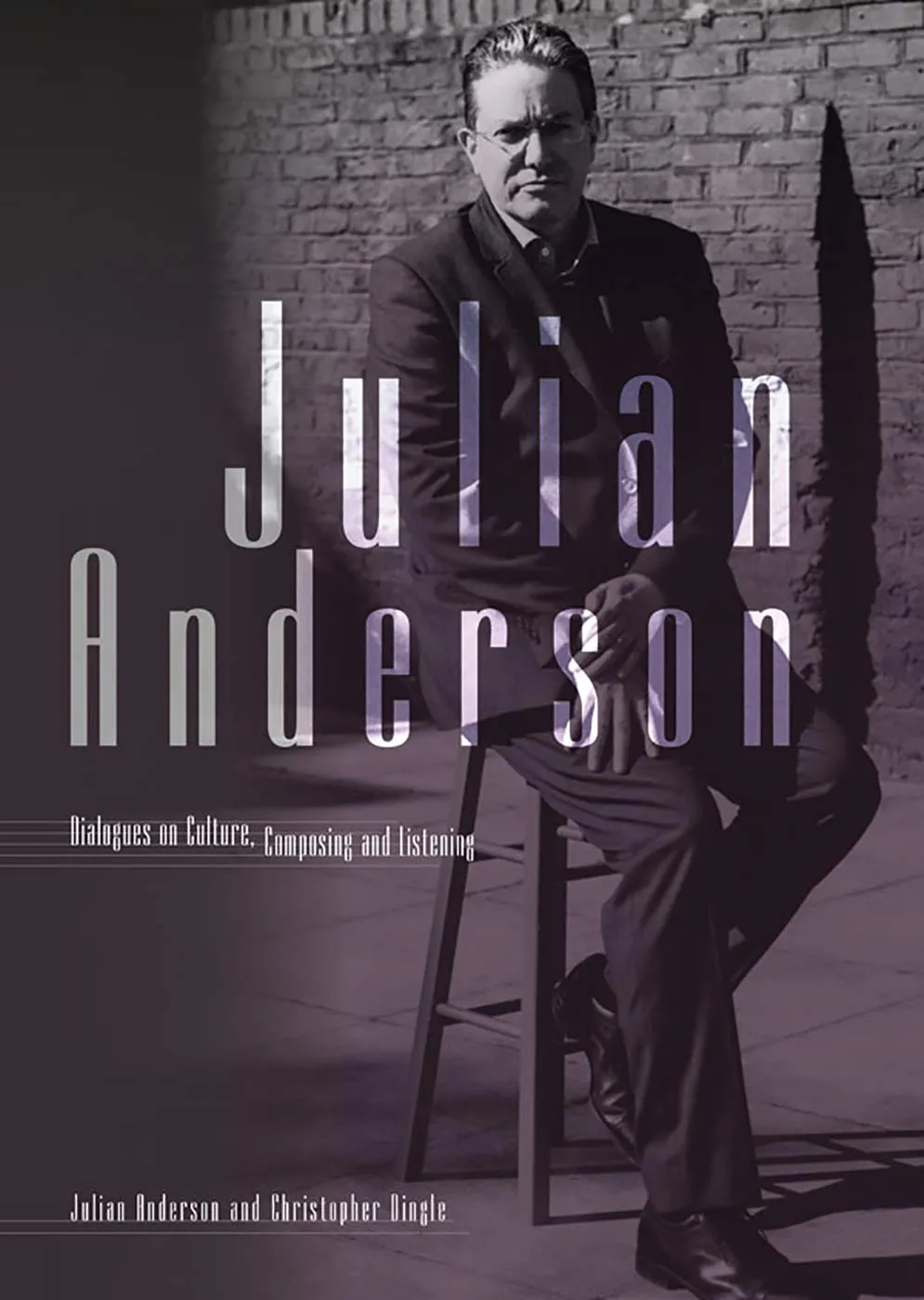
It’s striking that the ‘Prelude’ of this illuminating book of dialogues with Julian Anderson begins with him contemplating what he doesn’t know about Debussy’s Jeux, and therefore finds most compelling about it. As quickly becomes clear, his knowledge about this and a vast amount of music and more is profound. Yet it’s his intellectual curiosity and subtlety of thought – often at oblique angles to accepted modes – that, allied with his generosity of spirit, most inspire.
Over 18 conversations spanning Anderson’s origins as a composer to current and future projects, via his own and a wealth of others’ work, he and Christopher Dingle explore the fabric of music, composing and culture. Erudite yet informal and wholly engaging, every page yields fascinating insights on a wide range of interrelated topics.
From dance to opera; Messiaen to Croatian folk; spectralism to sampling; musical memory to perception, sound and resonance; music is never seen in isolation from society but as a vibrant, constantly evolving communicative force. The glossary alone is a treasure-trove, written by Anderson and reflecting his quietly brilliant unorthodoxy.
Review by Steph Power
Music and How It Works – The Complete Guide for Kids
Charlie Morland Dorling Kindersley 978-0-241-41160-5 96pp (hb) £12.99
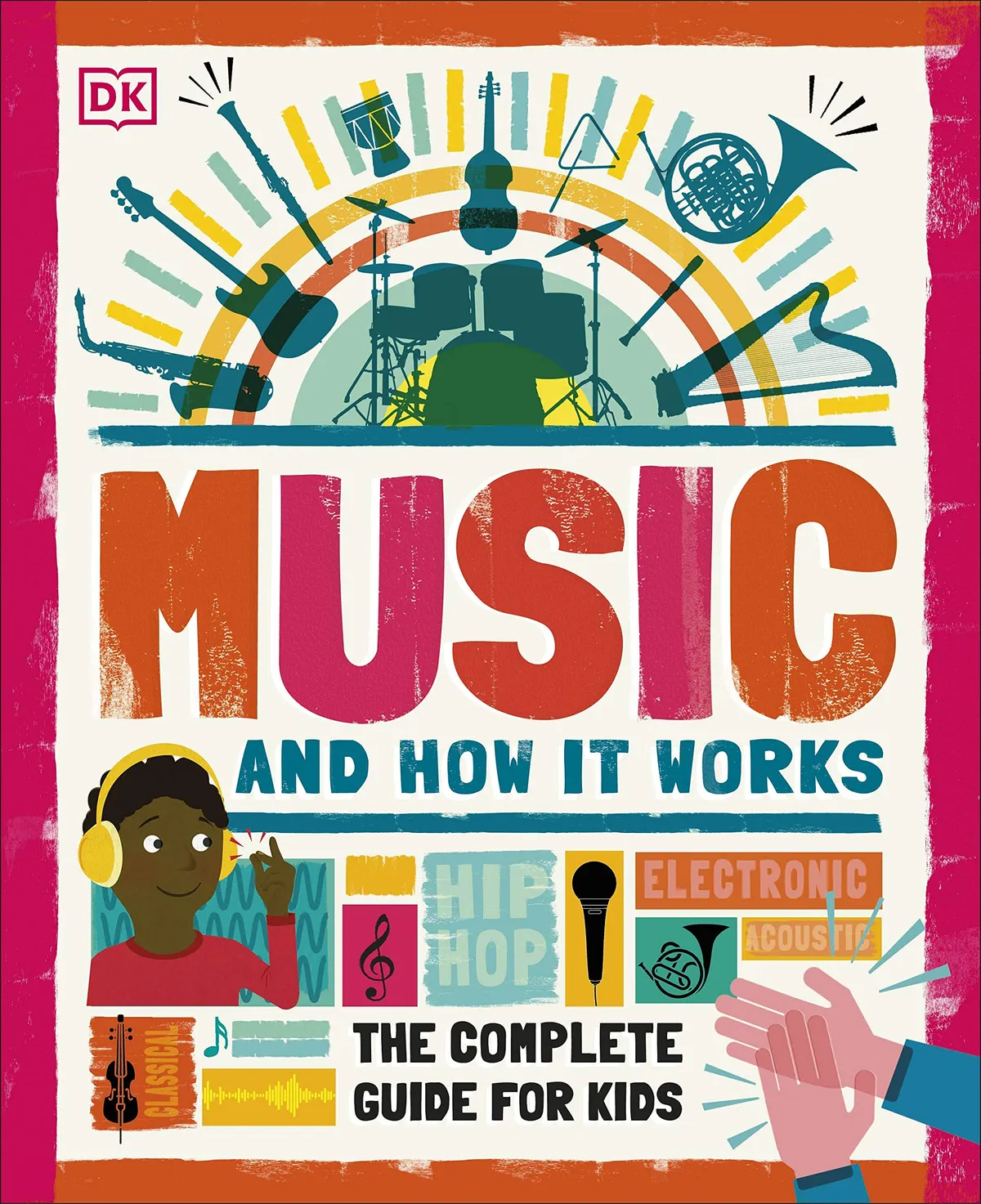
Dorling Kindersley already has a good line in music guides, but this new title written by British guitarist, songwriter and producer Charlie Morland is aimed squarely at primary/elementary school-aged children. His experience in the industry gives him more than a certain amount of credibility and what he manages to pack into a book of less than 100 pages is pretty amazing.
Design-wise this is beautifully colourful and uses very clear iconography; Morland’s writing never talks down and is accessible and totally clear. And he covers a lot of bases, too; yes there’s history, but there’s also science – great sections on the very nature of what music is, how it works physically and how it can make us feel. These insights are broken up by sections on genres, but also really clear entries into music theory. Classical music has a strong presence, given its place in music history and continuing influence, but readers are introduced to everything from Hip-Hop to K Pop, too. A must for burgeoning musicians.
Review by Michael Beek
- 9 of the best ever music-related novels of all time
- Twelve of the best books featuring classical music
- Ten of the best (and worst) novels about composers